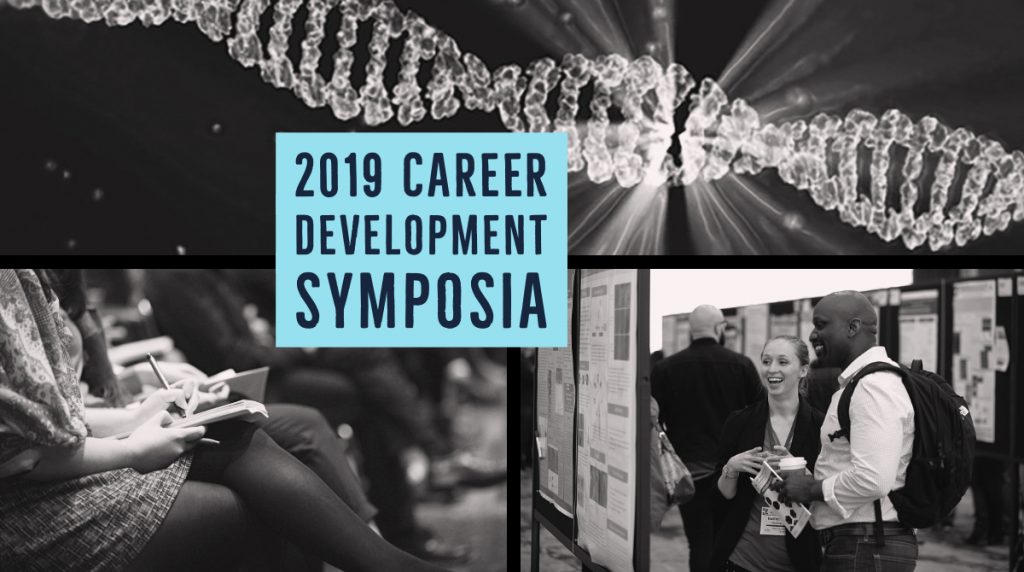We are proud to support four new symposia organized by student and postdoctoral members of the GSA! Check out the descriptions from the 2019 awardees of GSA Career Development Symposia funding. This program empowers early career members to organize local events that enhance the professional development of their peers, including career skills symposia, workshops, and networking events.
TREnD2019: Toronto RNA Enthusiasts’ Day 2019

Sameen Ahmed
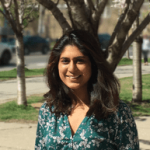
Pallavi Pilaka
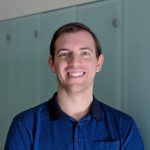
Matthew Hildebrandt
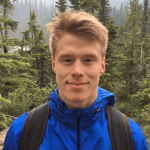
Marat Mufteev
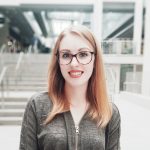
Lauren Ostrowski
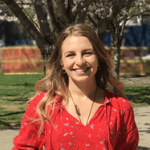
Francine Milone
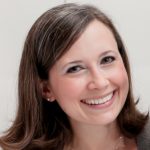
Julie Claycomb
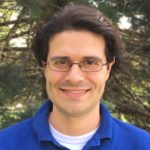
John Calarco
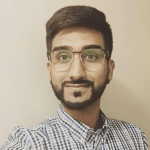
Akashdeep Dhillon
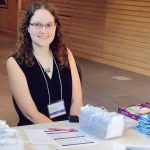
Amanda Charlesworth
The Greater Toronto Area (GTA) has a vibrant RNA community encompassing a broad range of genetics-related RNA biology, but there is a strong desire among these RNA biologists to increase communication, build cross-disciplinary collaborations, and encompass a greater number of scientists in our network. Our symposium, the Toronto RNA Enthusiasts’ Day (TREnD), aims to create a scientific forum for RNA researchers in the area, provide trainees with valuable scientific feedback, strengthen our scientific community, and expose us to new ideas. We aim to bring together diverse scientists focused on classical genetics and high-throughput genomic approaches to spark exciting new collaborations.
TREnD in the past three years has engaged RNA researchers from universities in Canada (U. of Toronto, U. of Ottawa, U. of Guelph, McGill U., and more.) and the US (U. of Rochester, SUNY Buffalo, Kent State U.). Abstracts reflected a diversity of expertise in RNA processing, non-coding RNAs, post-transcription/translation control of gene expression, and CRISPR, in a variety of systems ranging from tissue culture to yeast, Drosophila, C. elegans, zebrafish, and mice. We will retain the diversity of genetics-related RNA biology this year and strongly encourage RNA biologists of all levels–from undergrad to PI–to participate. This year, we will also include a career development workshop during lunchtime that draws upon the expertise and career experience of our outstanding Keynote Speaker, Dr. Tracy Johnson.
Toronto DNA Replication and Repair Symposium
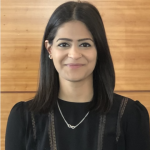
Tajinder Ubhi
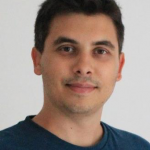
Michele Olivieri

Tiffany Cho
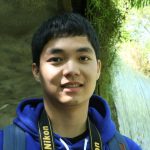
Brandon Ho
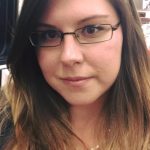
Liza Calhoun
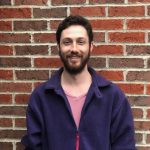
David Miller
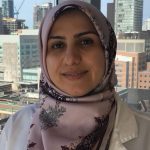
Zohreh Kianfard
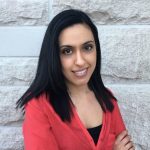
Roxanne Oshidari
The Toronto DNA Replication and Repair Symposium is a one-day, trainee-oriented research symposium that was established by a PhD student from the University of Toronto in 2018. The symposium assembles researchers from different graduate departments and research institutions to share their ongoing research and ultimately promote academic and professional development among its trainees. Despite the sizable number of researchers within the DNA replication and repair community in Toronto, no formal meeting of these researchers had ever taken place until 2018, limiting collaboration and career development opportunities for the trainees in this community. The symposium resolves this problem by bringing researchers across institutions together to share their expertise and establish collaborations, thereby promoting sustained growth in the DNA replication and repair community in the Greater Toronto Area. The symposium prioritizes professional development opportunities for early career researchers through oral and poster presentations, networking opportunities, and through the organization of the symposium itself. The symposium is being organized by a team of nine graduate students from three universities in the Greater Toronto Area (University of Toronto, York University, and Ryerson University).
Immersion Science Program

Tanu Singh
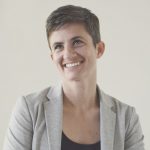
Laurel Lorenz
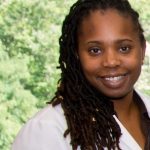
Jennifer Alexander
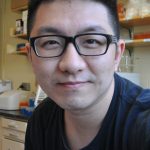
Eric Lee
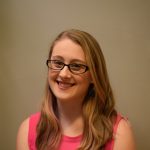
Danielle Talbot
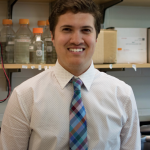
Esteban Martinez
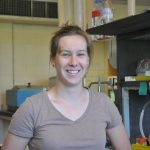
Sheila Long
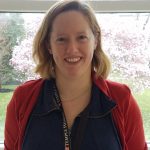
Jacqueline Simonet

Zohreh Kianfard
The Immersion Science Program (ISP) at Fox Chase Cancer Center (FCCC) is an educational platform that embraces equality and empowers participants to contribute ideas, life experience, and cultural relevance to address fundamental biological problems. A key tenet of ISP is to develop a strong and supportive network of peers, near-peers, and senior scientific mentors. Together, this growing community focuses on improving retention of diverse students in STEM, uncovering the impact of diet on biological processes, and developing new medical interventions to treat genetic-based diseases. On May 29th, 2019, FCCC will be hosting the ISP Career Development Symposium. The 2019 symposium is expected to recruit a record-breaking attendance of 750 students from 12 schools of the Philadelphia Metro region and STEM professionals, representing fields from academic science, health education, science teaching, and biomedical research. The symposium will be organized into three sessions: Career development, Poster Presentations, and Networking Lunch and Lab Tour. During the career development session, students will learn details about personal pipelines from STEM professionals and instruction on how to achieve career goals in these positions. In the poster session, students will present their scientific research projects to other students and STEM professionals, which screen nutrients to determine their effects on signaling pathways critical for normal development and cancer. Finally, on the lab tour, students will have the opportunity to visualize the professional research lab facilities at FCCC. Overall, this symposium will provide students with a comprehensive introduction to STEM-related careers, including knowledge and personal resources that identify their interests and long-term goals in science. Ultimately, our aim is to open a window of opportunity for envisioning the process of a scientist in the making, forming a transparent and feasible pipeline to cultivate the next generation of young scientists in STEM.
Bay Area Worm Meeting
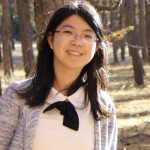
Fan Wu
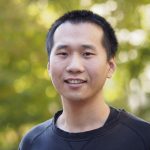
Zhouliang Yu
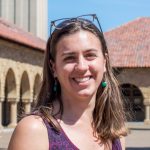
Maria Sallee
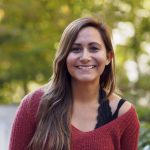
Gina Caldas
The Bay Area Worm Meeting (BAWM) is an annual one-day symposium for the C. elegans scientific community in the San Francisco Bay area. This year’s BAWM will be hosted at UC Berkeley, where a diverse community of students, postdocs, and faculty from thirteen institutes will gather to share ideas and present new scientific findings in diverse aspects of C. elegans biology.
C. elegans, established as a model organism in 1963, is a small non-parasitic nematode, highly fertile, and with a short life cycle. With its genome completely sequenced and annotated; its flexibility for transgenics, recent gene-editing and genomic approaches; and advanced microscopy, this tiny worm gives us the luxury to combine a wide range of both classical and new methodologies to explore fundamental aspects of biology that are relevant to more complex organisms and to human disease. Thus, C. elegans is used around the world as a model system to study behavior, aging, development, reproduction, genetics of quantitative traits, and many other biological phenomena.
With the goal of providing an inclusive space for scientific interaction, our symposium will cover a range of topics that reflect the breadth of research in our community: Neuronal Circuits, Aging, Stress and Metabolism, Development, and Chromatin and Gene Regulation. In line with previous BAWMs, our symposium will be centered on early career scientists presenting their work to further our goal of promoting career development. We are excited to organize an event that serves as a platform for C. elegans researchers at all stages in their careers, from diverse educational and cultural backgrounds, and with diverse research and educational interests, to interact and share resources and ideas. We believe BAWM will contribute greatly to our scientific community both by fostering professional development in an inclusive environment and by promoting continued research progress.


